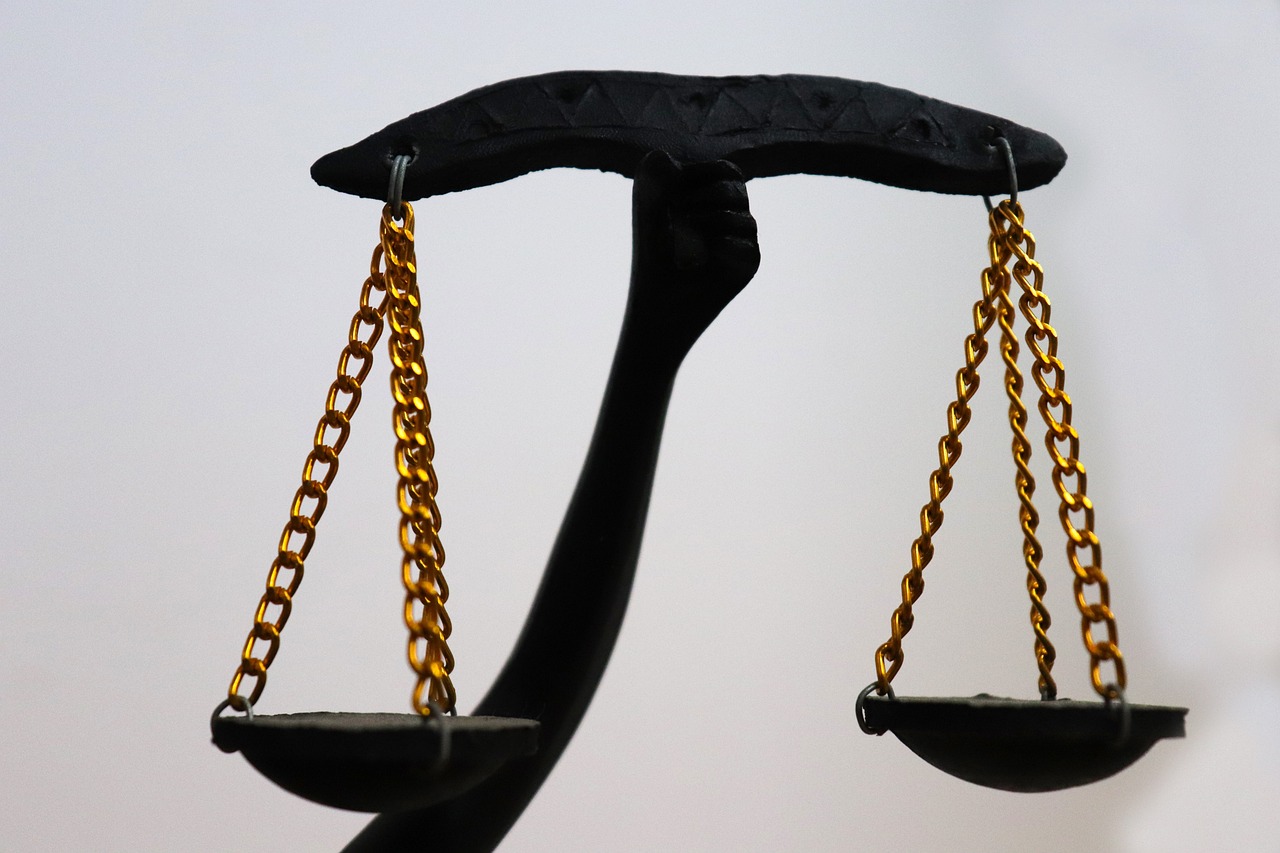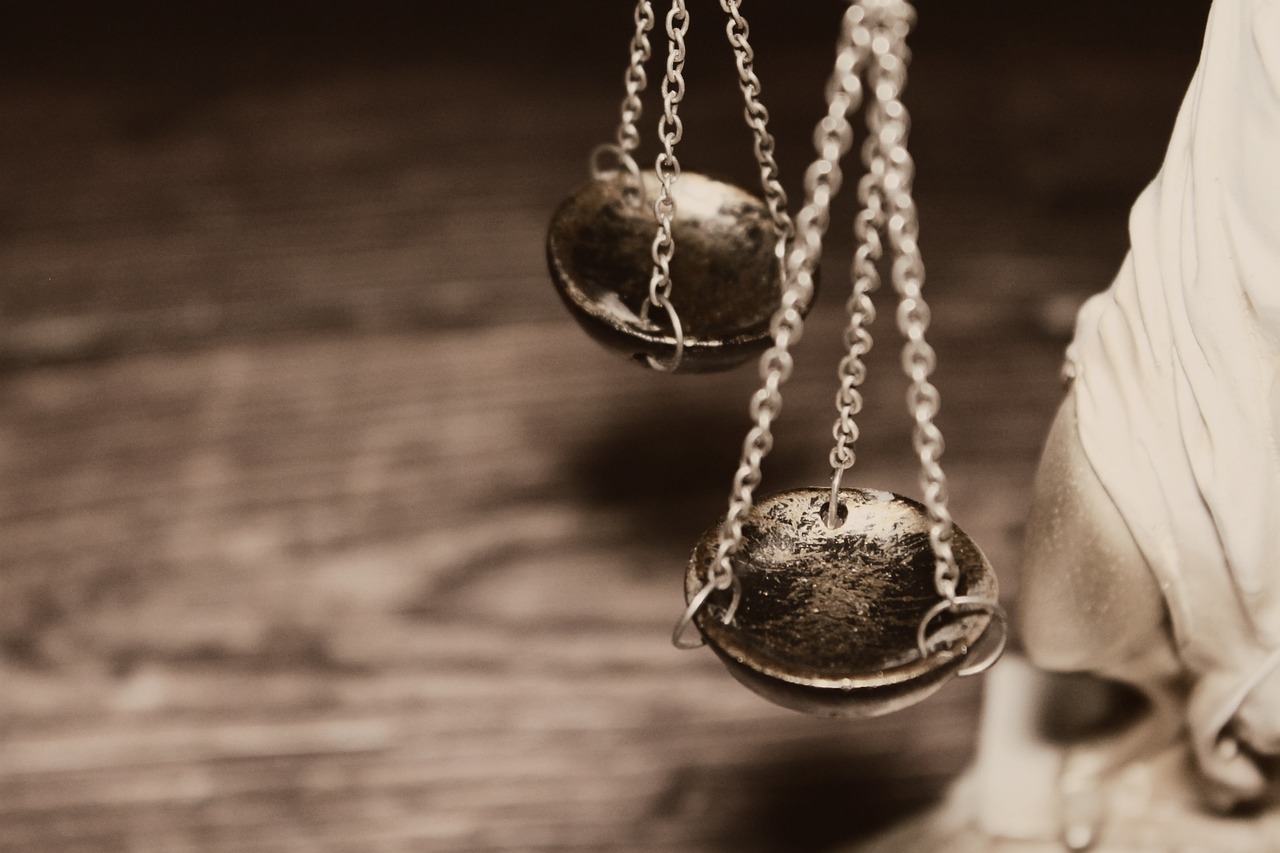A FCRA lawyer helps people protect their rights under the Fair Credit Reporting Act (FCRA). This law regulates who can access a person’s credit report, what can be reported on a credit report, and what CRAs and information providers (also known as “furnishers”) must do when they receive a dispute from a consumer. It also provides for remedies for violations of the law. These include statutory damages of up to $1,000, punitive damages, and attorneys’ fees.
The FCRA is a crucial piece of legislation that gives consumers important rights, including the right to dispute inaccurate information in their credit reports and the right to know who has seen their report. These rights are vitally important because they can affect a person’s ability to get a job, secure housing or finance, and advance in their careers. Inaccurate information on a background check or credit report can cut off opportunities and limit options for many individuals.
An FCRA lawyer can help clients defend their rights under the FCRA and hold CRAs, FIDUs, information providers, end users, and others accountable for violating the law. The attorney will review the client’s credit report and identify any inaccuracies. If necessary, the FCRA attorney will work to communicate with the CRA and information provider to correct the inaccurate information. This can include writing a clear dispute letter and collecting proof of the inaccuracies.
If the CRA or information provider fails to make appropriate corrections, an FCRA attorney will file a lawsuit on behalf of the client. There are various reasons to sue, such as the nature and extent of the inaccurate information, the harm it caused, or the CRAs’ failure to respond to disputes in a timely manner.
The attorney will take care of all the details of the case, including writing legal documents, communicating with the CRAs and other parties in the case, responding to requests for documentation, filing the lawsuit, and preparing for trial. The attorney will also determine whether the client is entitled to attorneys’ fees from the opposing party, based on FCRA provisions.
In a unanimous slip opinion this week, the Supreme Court of the United States ruled that the FCRA waives sovereign immunity and that the federal government can be sued for allegedly violating the act when it misreports debt to credit bureaus. The Court ruled that the FCRA’s “duty to investigate and correct errors” applies to the federal government, just like it does to other entities that create credit reports. This ruling is an important victory for consumers, who rely on accurate information in their credit reports to obtain loans and jobs, rent apartments or homes, and advance in their careers. If that information is erroneous, it can devastate their lives and cause them serious harm. It can even keep them from getting the job they want or need to support their families. This case arose because of the use of online job applications by employers. In this case, the applicant was not given an opportunity to request a copy of his or her CRA report prior to the employer’s decision to hire or not.



